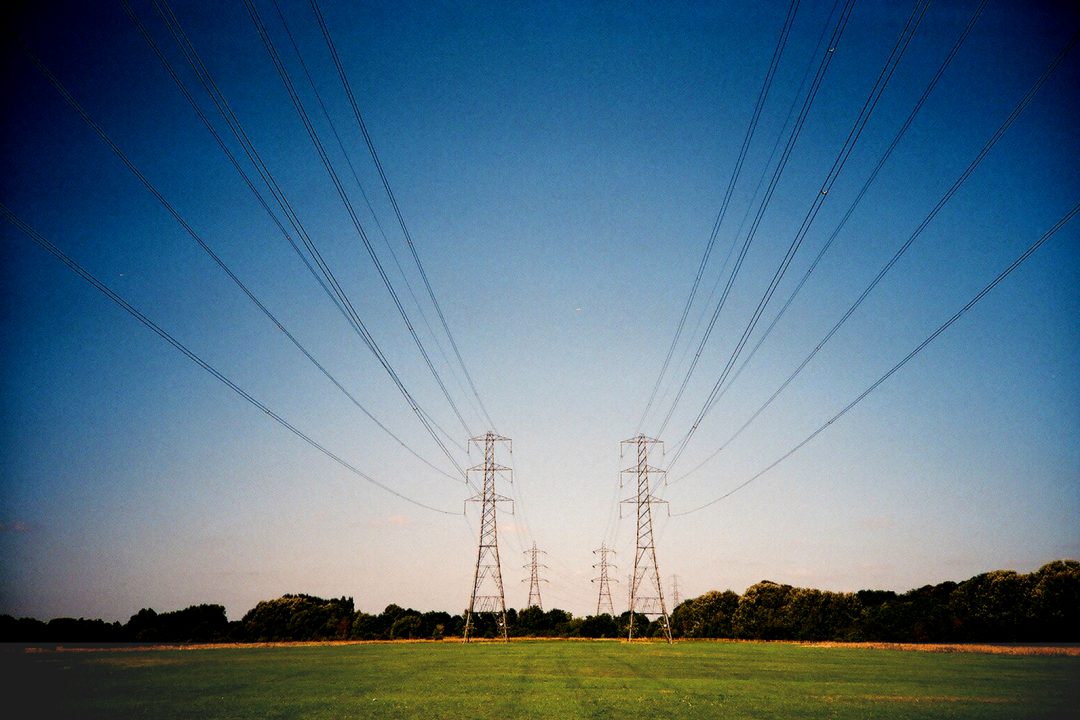
If you are struggling to pay your energy and water bills, and you live in NSW, you may be eligible for financial support or payment assistance.
Energy (electricity and gas) assistance
The NSW Department of Industry, Resources and Energy provide a number of rebates and assistance schemes to assist consumers to pay energy bills. Customers will need to pass eligibility criteria to receive the financial assistance. More details on each rebate can be viewed on the department’s website by clicking on the link below.
- Low Income Household Rebate
- Medical Energy Rebate
- Life Support Rebate
- Family Energy Rebate Gas Rebate
- Gas Rebate
- Energy Accounts Payment Assistance (EAPA)
- Energy Blackouts Compensation
- Seniors Energy Rebate
Water assistance
NSW water utilities provide a range of assistance programs for customers experiencing financial hardship. This can include flexible payment arrangements, pensioner rebates, and Payment Assistance Scheme (PAS) vouchers. As conditions vary, PIAC recommends that you contact your water supplier for more information on available assistance.
General assistance
- Energy and Water Ombudsman NSW (EWON) or NSW Ombudsman (if your water supplier is the local council)
- No Interest Loans Scheme (NILS)
- Financial counselling
- Centrepay
- SalvosConnect
Know your rights
Risk of disconnection
There are laws that protect consumers from being disconnected from electricity and gas. Customers who are at risk of disconnection due to non-payment, or have been disconnected, should contact their energy retailer to discuss payment plan options or hardship programs. Alternatively, customers can contact the Energy and Water Ombudsman NSW with a complaint.
Customers who depend on life support equipment should register their details with their energy retailer and network provider. This ensures that they are protected from disconnection.
In some circumstances, customers may be disconnected from the supply of energy or water for reasons other than non-payment. These include lack of meter access, defective or non-compliant private service, or if there are public health and safety reasons warranting disconnection. Customers should contact the network provider in their area to arrange reconnection.
Door-to-door marketing
It is not illegal for retailers to send marketers to customers’ homes and advertise their deals and contracts but this can cause concern for customers who do not wish to receive unsolicited contact from salespersons. While the major retailers have all pledged to stop marketing door-to-door, other retailers are continuing to use this sales channel. Third-party businesses, such as comparator services, also sign up customers to energy retailers through door-to-door sales. If a customer has signed a contract from a door-to-door marketer, the customer has the right to a 10-day cooling off period. For telephone marketing, the cooling off period is 12 business days (allowance of 2 business days for posting of contract).
Comparing energy retailers
There are many privately operated comparator websites and services available, but these sites are generally not independent. Consumers should bear this in mind when assessing the information provided by them. Listed below are the free and independent comparison websites that provide price comparison and information about sources of green energy.
Energy Made Easy – 1300 585 165
Saving energy in your home
There are a number of ways to improve energy efficiency, which can assist in reducing energy bills.
For tips, visit the Australian Government’s Your Energy Savings website.